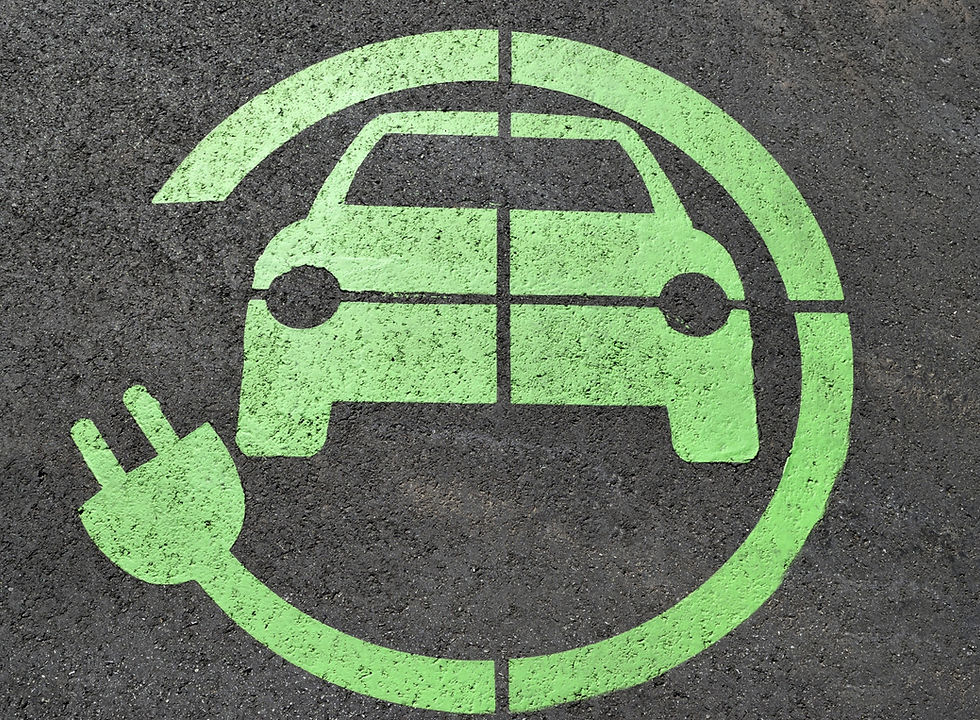Expand the Judiciary
- Anna Hickey

- Apr 5, 2023
- 4 min read
Rebalancing the court to counteract the three Supreme Court justice appointments by a twice-impeached and indicted president would increase the institutional legitimacy of an increasingly partisan Court.

After the Dobbs v. Jackson decision, overturning Roe v.Wade, the Supreme Court had a net-negative favorability in an NBC News poll for the first time in the poll’s history. The lack of public trust in this previously widely admired institution represents a turning point in how Americans view the Supreme Court. The overturning of Roe v. Wade did not start the lack of trust in the Supreme Court, but it accelerated the trend. After Bush v. Gore (2000) decision, Americans began to view the Court as a political actor rather than an impartial arbitrator. This only increased with the machinations by Senator McConnell that prevented President Obama from appointing a replacement for Justice Scalia for nearly a year, but allowed President Trump to replace Justice Ginsburg less than a month before the 2020 election. McConnell changed the number of Justices on the court for nearly a year, reducing it from 9 to 8, to have a court majority that aligned with his own political beliefs.
This de facto court packing created a 6-3 conservative majority on the court that is deciding cases on a more partisan basis. As Justice Sotomayor asked during oral arguments for Dobbs v. Jackson, “Can this institution survive the stench that this creates in the public perception that the constitution and its reading are just political acts?” The solutions to rebalancing the court and counteract the conservative majority implemented by Senator McConnell are complicated. One common solution is to institute term limits for Justices, but that would require a constitutional amendment or would have Justices rotate to lower courts after 18 years. Rotating Justices to lower courts after a set number of years would not solve the immediate issue of the public viewing the court as illegitimate.
Court-packing to rebalance the ideological makeup of the court would only require Congressional action but could lead to an endless expansion of the Court. The solution is not to arbitrarily increase the size of the court but to tie the number of Supreme Court Justices to the number of U.S. court of appeals. There are currently 13 appellate courts, 11 that cover geographic areas of the U.S., the D.C. Circuit Court, and the Federal Circuit. Currently, each Justice covers at least 1 appellate court, with Roberts overseeing 3 and Alito and Kavanaugh overseeing two each. This puts more work on some Justices than others. The population covered by each circuit varies greatly, with the 11th Circuit covering 37 million people and the 1st Circuit covering only 14 million.
Tying the number of Supreme Court Justices to the number of circuit courts would immediately increase the number of Justices to 13. This would add four justices to the court. It would even the workload for each justice and their clerks and allow more time and attention to the cases being appealed at the Supreme Court. Adding four liberal or progressive justices would result in a 7-6 liberal majority in the Court, undoing Senator McConnell’s de facto court-packing in 2016.
The fear of a race to the bottom of each party adding justices to the Court every time power changes hands would also be alleviated. To increase the number of justices, Congress would have to establish another court of appeals. Increasing the number of federal and circuit court judges would help decrease the workload on each judge and the time court cases take. It can take two months to two years for an appellate court to hear a case and render a decision. Lengthy trials harm both defendants and victims, especially those who cannot afford a lawyer for extended periods.
Currently, over 90% of criminal cases in federal courts end in a plea deal. A report conducted by the American Bar Association found that innocent defendants are convinced to take guilty pleas and that trials are becoming increasingly rare. Plea bargains put efficiency over fairness, and increasing the capacity of federal courts would help to decrease this concerning trend. It would need to be coupled with other more substantial reforms but is a necessary step to ensuring people can access justice. There are not enough judges, lawyers, or prison cells to hold everyone who has been charged with a crime. There need to be enough judges to oversee fair trials.
Expanding the judiciary would strengthen the justice system, from the top down. After the Dobbs decision, a poll found that 51% of respondents supported Increasing the number of justices on the Supreme Court. Any court expansion should be done with intention and care because it could lead to a “race to the bottom.” Done carefully, it would bring the Supreme Court back into line with most Americans and show that Democrats are finally willing to play hardball on the courts as Republicans have for decades.
Anna Hickey is a fourth-year C.L.E.G. major in the School of Public Affairs. They are a Managing Editor for the American Agora.
Image courtesy: Mobilus In Mobili | Flikr







Kommentare